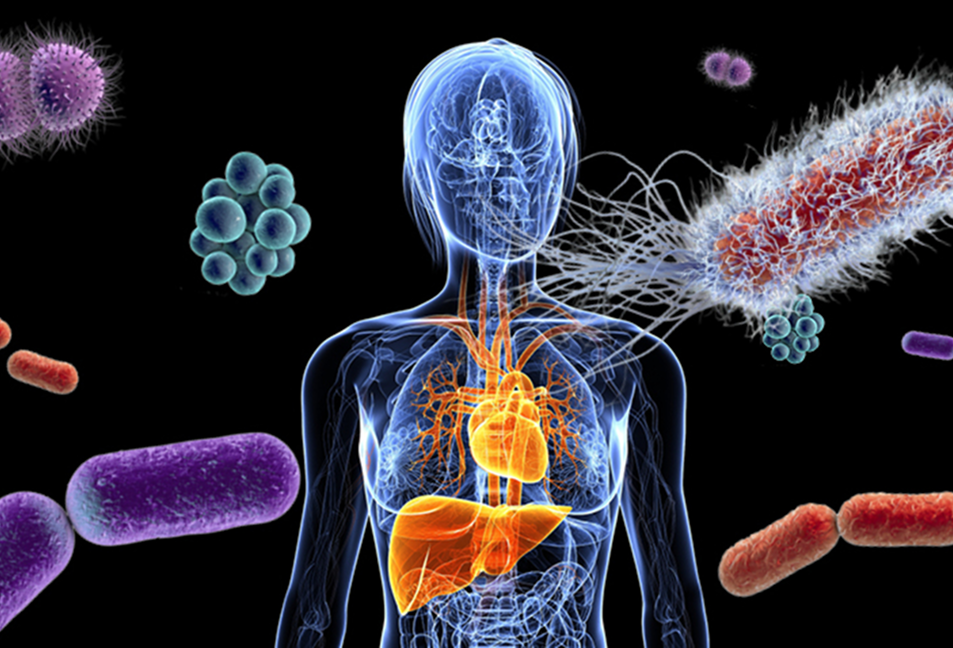The human microbiome—the diverse community of microorganisms residing in and on the body—has emerged as a critical factor in health and disease. In the United Kingdom, research into the microbiome is rapidly expanding, driven by advances in genomics, bioinformatics, and clinical studies. These microbial ecosystems, which include bacteria, viruses, fungi, and archaea, play essential roles in metabolism, immunity, and neurological function. Understanding the human microbiome offers transformative potential for disease prevention, personalized medicine, and public health strategies.
Composition and diversity of the microbiome
The human microbiome varies across body sites, with the gut, skin, oral cavity, respiratory tract, and urogenital system hosting distinct microbial communities. The gut microbiome is the most extensively studied, containing trillions of microorganisms whose collective genome, known as the microbiome, encodes functions that complement human biology. In the UK, large-scale studies are mapping microbial diversity across populations, identifying how lifestyle, diet, geography, and genetics influence microbial composition. This research highlights the importance of microbial balance in maintaining health and preventing disease.
Role in metabolism and nutrition
The microbiome contributes significantly to digestion and metabolism. Gut microbes break down complex carbohydrates, synthesise essential vitamins, and produce short-chain fatty acids that support energy homeostasis and intestinal health. UK research has demonstrated links between microbiome composition and metabolic conditions such as obesity, type 2 diabetes, and non-alcoholic fatty liver disease. Personalized dietary interventions informed by microbiome profiling are being explored to optimise metabolic health, demonstrating the potential for tailored nutrition and lifestyle strategies.
Immune system modulation
Microbial communities play a central role in immune system development and function. In early life, exposure to diverse microbes trains the immune system to distinguish between harmless and harmful agents. In the UK, studies have shown that disruptions to the microbiome—through antibiotics, diet, or environmental factors—can contribute to autoimmune disorders, allergies, and inflammatory conditions. Therapies targeting the microbiome, including probiotics, prebiotics, and faecal microbiota transplantation, are under investigation as means to restore immune balance and prevent chronic inflammation.
Gut-brain axis and neurological health
Emerging evidence underscores the influence of the microbiome on brain function and mental health, often referred to as the gut-brain axis. Microbial metabolites can affect neurotransmitter production, stress responses, and mood regulation. UK researchers are investigating associations between microbiome imbalances and conditions such as depression, anxiety, autism spectrum disorders, and neurodegenerative diseases. Understanding these mechanisms offers opportunities for microbiome-based interventions to support cognitive and emotional health, potentially complementing traditional psychiatric and neurological therapies.
Microbiome and disease prevention
A well-balanced microbiome contributes to disease prevention across multiple systems. In the UK, research highlights its role in protecting against infections, supporting cardiovascular health, modulating inflammation, and influencing cancer risk. Studies suggest that specific microbial signatures can serve as early biomarkers for diseases, enabling preemptive interventions. Personalized strategies, informed by microbiome profiling, aim to optimise microbial diversity, enhance resilience, and reduce susceptibility to chronic conditions.

